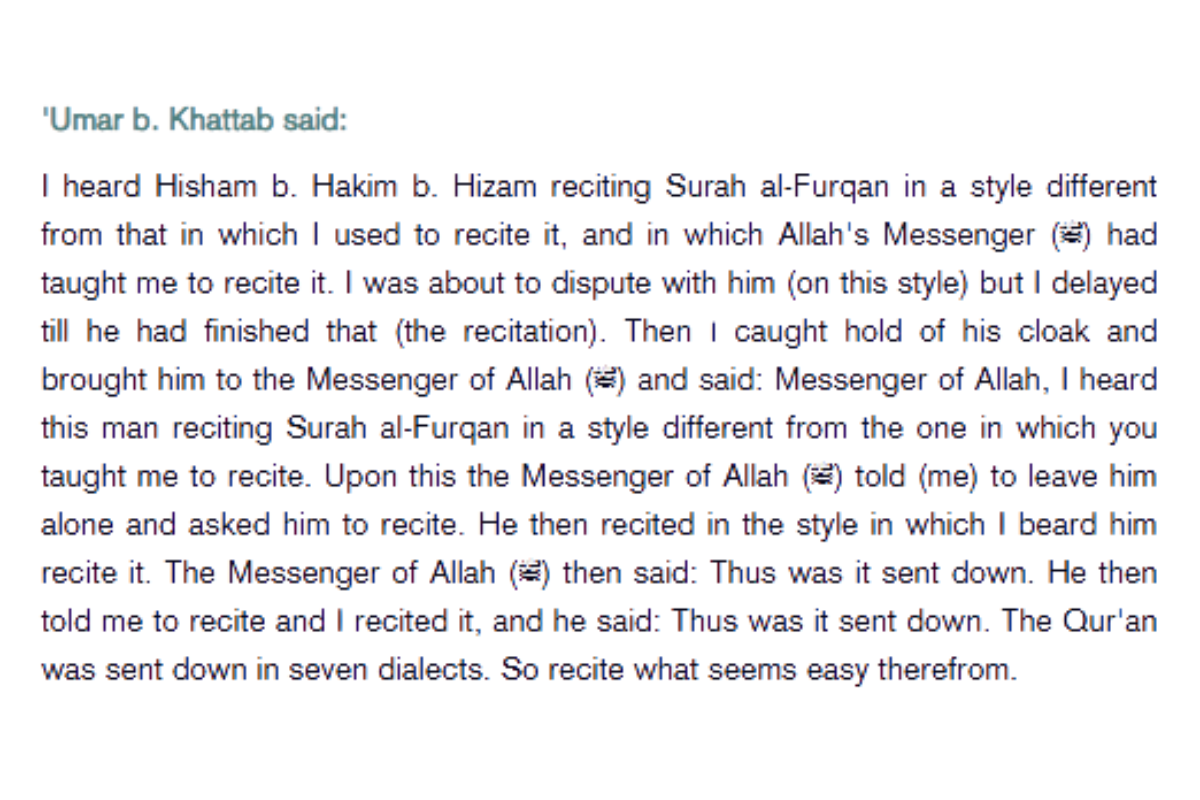Muslim Apologist Attacked Christian Lady’s Faith
In a recent discussion, a well-known Muslim apologist, referred to as Fibbin Ibn (Shaykh Uthman Ibn Farooq) in the Christian community, engaged in a conversation with an Amish Christian woman. This dialogue raises critical points about faith, leadership, and the authority of the Scripture.
The conversation also highlights how some Muslim apologists attempt to undermine Christianity by creating false narratives and contradictions that do not exist.
 Faith and Leadership Throughout History
Faith and Leadership Throughout History
One of the first points of discussion was about the concept of Spiritual Leadership throughout history. Fibbin Ibn questioned whether there had always been a leader guiding God’s people. The Amish Christian woman pointed out that while there were periods of darkness, faithful individuals always existed.
This is an important Biblical truth. In every era, God has raised up leaders—Noah, Abraham, Moses, the prophets, the Apostles, and ultimately Jesus Christ. Even during times of great spiritual darkness, God has preserved a remnant of faithful believers.
Likewise, he attempted to use the disagreement between Peter and Paul as proof of division in early Christianity. However, as the Christian woman correctly pointed out, their disagreement was not about core doctrine but about behavior.
In Galatians 2, Paul rebukes Peter for his hypocrisy regarding the Gentiles,
“But when I saw that they walked not uprightly according to the truth of the gospel, I said unto Peter before them all, If thou, being a Jew, livest after the manner of Gentiles, and not as do the Jews, why compellest thou the Gentiles to live as do the Jews?” – Galatians 2:14
but Peter later acknowledges Paul’s wisdom and leadership in 2 Peter 3:15-16.
“And account that the longsuffering of our Lord is salvation; even as our beloved brother Paul also according to the wisdom given unto him hath written unto you; As also in all his epistles, speaking in them of these things; in which are some things hard to be understood, which they that are unlearned and unstable wrest, as they do also the other scriptures, unto their own destruction.” – 2 Peter 3:15-16
This was not a theological divide but a moment of correction, showing that even leaders can make mistakes.
Unlike the clear Biblical resolution between Peter and Paul, Islamic traditions describe companions arguing over different versions of the Quran, with Muhammad declaring them all acceptable. This raises questions about textual consistency in Islam.
 The Double Standard in Attacking the Bible
The Double Standard in Attacking the Bible
One of the main tactics used by Muslim apologists is to question the reliability of the Bible. They claim contradictions exist, yet when faced with inconsistencies in Islamic history, they dismiss them.
For example, Fibbin Ibn accuses the Bible of contradictions, but he avoids discussing the seven different recitations (Ahruf) of the Quran, which even Islamic scholars debate.
The Bible is the inspired Word of God, and while minor variations in translations exist, its core message remains unchanged. Christians trust in its divine preservation, just as Jesus affirmed:
“Heaven and earth shall pass away, but my words shall not pass away.” – Matthew 24:35
Are All Who Claim Christ True Christians?
Another important point raised in the conversation was about different religious groups. Fibbin Ibn tried to equate all those who claim Christianity as legitimate Christians, using Mormons and Jehovah’s Witnesses as examples.
However, true Christianity is defined by faith in Jesus Christ as the Son of God and Savior of the world. This is the same tactic used to challenge the doctrine of the Trinity. Shaykh Uthman suggested that early Christians debated Jesus’ divinity, citing the Arian controversy.
From the earliest days of the church, believers worshiped Jesus as God (John 1:1, Colossians 2:9). The Council of Nicaea did not invent the divinity of Christ; it affirmed what Christians had already believed.
 Using False Equivalencies to Confuse Believers
Using False Equivalencies to Confuse Believers
Another deceptive tactic he used was to create a false equivalence between Islam and Christianity. Fibbin Ibn suggested that since there were disagreements in Christianity, this somehow invalidated its truth.
However, disagreements among believers do not disprove Christianity. In fact, the Bible encourages testing all things against the Scripture (Acts 17:11).
Meanwhile, in Islam, questioning or interpreting Scripture differently can lead to severe consequences, including accusations of apostasy.
In response to the apologist’s claims, the Christian woman shared her personal journey of faith, showing how she came to trust in the Bible. She affirmed that she believes the Bible is the inspired Word of God, despite minor differences in translations.
Her testimony is a powerful reminder that faith is not about following a religious system but about having a personal relationship with Jesus Christ.
Stand Firm in the Faith
This conversation highlights the importance of knowing the Scripture and being prepared to defend our faith. Muslim apologists often use rhetorical tricks, selective arguments, and misinformation to create doubt.
However, the truth of the Bible remains firm, and Jesus Christ is the way, the truth, and the life.
If you want to know how Jesus’ crucifixion proves that Islam is false, learn more here. Stay strong in your faith, and always be ready to give an answer for the hope that is within you. God bless.
WATCH THE VIDEO
























Recent Comments